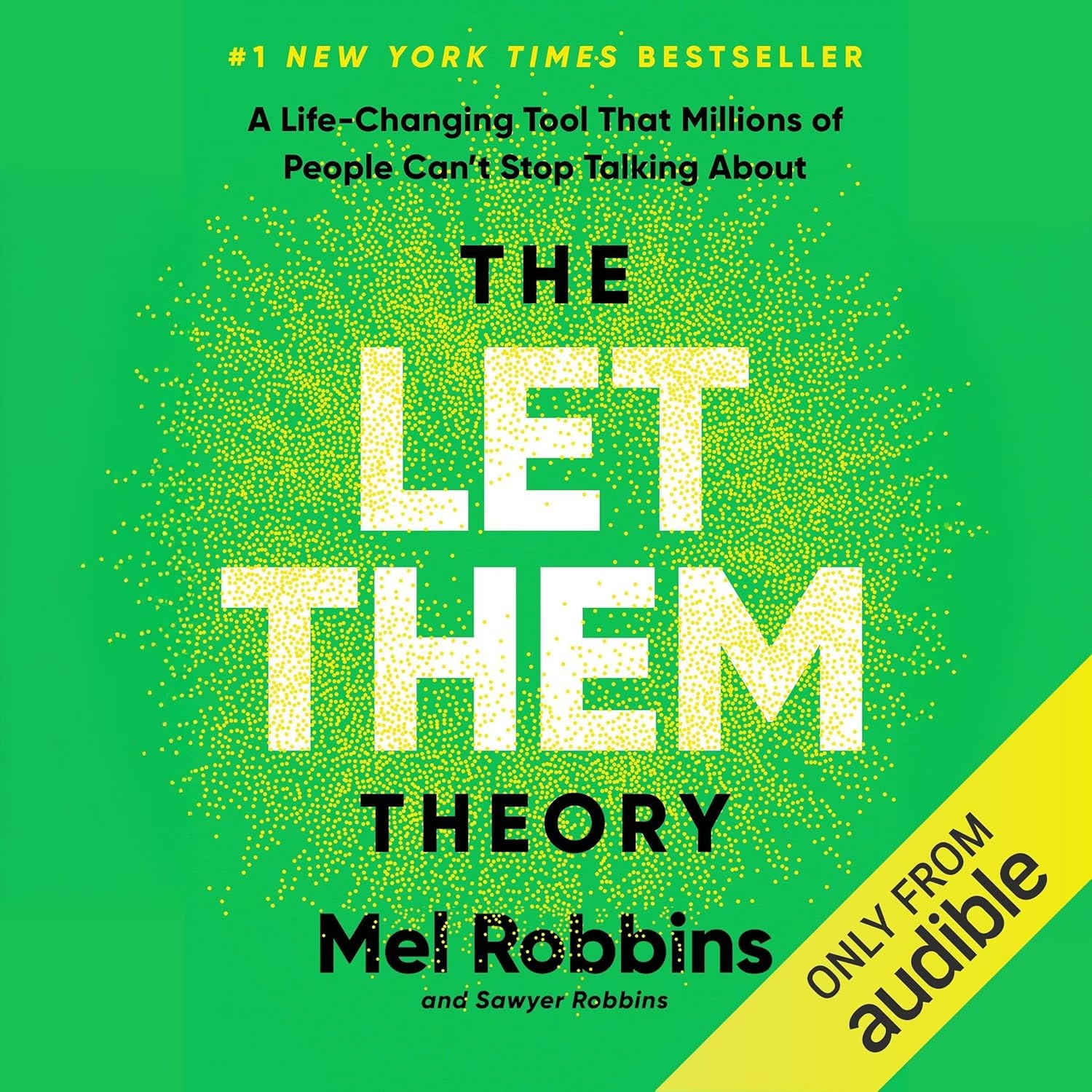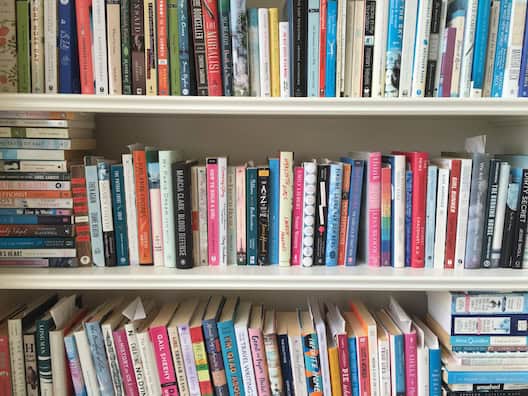I am a huge fan of your work, and love that, besides a beautifully-written, page-turning story, you always give me something to think about. In What The Heart Remembers – a great title, by the way – I was absolutely fascinated by the idea of cellular memory, and had never before thought of the literal connection a heart transplant recipient may have to the donor. In the Readers Guide at the back of your book, you mention that the story is inspired by actual events. Can you tell us a little about that, and what interested you about the subject?
Thank you so much — very kind of you to say! The idea for this story came from two different but related concepts that have long been simmering in the back of my mind. For one, I’ve often wondered what it would be like to wake up one day and be someone else. I think this is a common fascination — we’ve seen the idea played out in so many movies and books, usually in a comedic way. Then there’s the idea of being two people at once — sort of being inhabited or haunted by another person in some sense, which is also a common scenario in fiction of all kinds. But when coupled with the idea of cellular memory (that cells in the body can retain all kinds of information), which has also been an area of interest of mine, the concept of being another person — or at least having part of another person within you — took on a whole new dimension and made, I thought, a good idea for a story. After I did a little research on heart transplants and read some of the anecdotal evidence of cellular memory, I warmed to the story even more and when I realized I could use it to explore the relationship between these two unusual women I knew I had to write it.
What kind of research did you do for this book? What were some of the more surprising things you learned? How has that changed the way you look at the idea of “self?”
I started, as I usually do, with books. In this case, I found a couple of very informative books on the subject; one a memoir by a woman who’d had a heart/lung transplant and made a very strong connection with her donor (and then later, his family) and one a compilation of anecdotal findings on cellular memory. After I read those, I searched online for newspaper and journal articles about cellular memory and found some very interesting articles — mostly personal stories of people who’d had transplants and had experienced feelings of connection with their donors. Then I did a bit of research about the medical aspects of heart transplants. I am fascinated by medicine (I’ve always harbored a secret desire to be nurse) so this was the fun part for me. Finally, and most importantly, I interviewed several doctors and nurses, all of whom were extremely generous with their time and provided invaluable information. Since I began my research believing in the concept of cellular memory, I wasn’t really surprised when I found articles or stories that supported it. I can’t say it really changed my view of “self,” either, but it did take me deeper into the exploration of that line between what can be proven scientifically and what is just unexplainable, which is so interesting to me.
Speaking of hearts, congratulations on your recent marriage! In the book, Eden’s ex-fiancé never gives up on her, despite the fact that she continues to push him away. Are you a romantic at heart?
Thank you! I think I must be a romantic at heart or I wouldn’t want to write; so much of what defines romance, for me, is story. Without a story — a narrative — there is no romance. On the other hand, though, I’m not much for popular notions of romance; so-called “fairytale weddings,” romcoms, Valentine’s Day, etc. These things just don’t work for me. I’d rather see a disaster movie. I love disaster movies, in fact.
Female friendship plays a central role in the book, although I really liked that you gave Derek good, supportive friends as well. How do you think the two sexes differ in their definitions of friendship, and what role do friends play in your own life?
Honestly, my sisters have always been my closest friends; they understand me in the best and deepest way. But I do have a few close girlfriends and those friendships are very important to me. Facebook has really redefined friendship in a fundamental way as well. I have friends now who, though we’re removed by distance, I regularly “talk” to and whose company I enjoy. The sexes are worlds apart in their ideas of friendship, I think. Women are unafraid to explore the minutiae of a situation — the complexity and texture of the feelings that go along with it. In my experience, too, women are more interested in discussing the why of things with each other whereas men tend to stick with the what and just leave it there.
You’ve written both non-fiction and fiction. How different is it to write each of those, and what do you get out of each one? Do you prefer writing one over the other?
In a way, the process of writing both fiction and memoir is the same for me. I started writing “fiction” when I was about five years old and then jotting down what I saw as annotated observations of the people around me when I was about eight or nine. I never saw these observations as stories with plots or characters that had to be created — it was all just there for the taking. But in every case, I wrote with an audience in mind — as if I were telling someone a story — and that is how I continue to write now. Fiction is more difficult for me to write because I don’t have the advantage of ready-made characters and storylines to draw from as I have with the memoirs. The other advantage of writing memoir is that, while there are plenty of universals in every life, one’s own story is unique. Fiction? Not so much. On the other hand, I do love the freedom that writing fiction affords. Where else can you control the course of events? Get rid of people you don’t like? That is pretty satisfying.
You’ve lived all over the world, yet California is a frequent setting for your novels. Can you talk a little about that?
I have a deep and abiding love for California, especially this southern part of it. I love the way the light moves here, the colors of this place, the beauty of the ocean, the palm trees … and I could go on all day like a dizzy schoolgirl with a major crush. I love reading novels and stories set in California, too, and while Los Angeles has been well represented in fiction, San Diego has not (with some notable exceptions). I think San Diego is a tremendously rich setting for fiction; not just because of its beauty but because its population is so interesting.
In addition to being an amazing writer, you are also a baker. In fact, you have a whole “Cakes, Pies and Tarts” section on your website! When I see pictures on your Facebook page of the gorgeous, detailed desserts you make, 1) I salivate and 2) I have to read your status again because I can’t believe a non-professional actually created some of those masterpieces. How did you get involved in baking and are you going to turn it into more than a hobby?
I started baking seriously about ten years ago, give or take, because the man I was seeing was a lover of cake and gave me a sob story about how nobody had ever cared enough about him to bake for him. He also bought me many beautiful cookbooks for “inspiration.” (He’s now my husband so you can do the math). But I’d say the baking really took off for me about three years ago during a particularly trying time in my writing career. Making these elaborate cakes became a very enjoyable creative outlet for me and then it just took on a life of its own and I couldn’t stop. I really have gotten a great response to the photos I’ve posted and from the people who’ve actually eaten the cakes so I’ve become emboldened and am looking into what it would take to start doing this professionally.
I hear you’re baking a cake for your book launch party at Mysterious Galaxy in San Diego on Friday night. Details, please?
All I can tell you — and literally, it’s all I can tell you because I’m still in the planning stages — is that it will be related to books in some way and, with any luck, to this book. There are many ways to go with a heart theme here — we’ll have to see. I’m thinking that raspberry will be involved in some way. And possibly cream cheese frosting. You’ll have to come out and see!
You’ve had such a rich life, you’ve been able to write three totally different memoirs about various parts of it – waitressing, raising your son, being a sister. Any more memoirs in your future? Maybe about becoming a baker?!
I’ve always thought of myself as a continuing character in the ongoing series of my life, so I’m constantly evaluating ideas for another memoir. The one you mention here may well be it!
As a devoted reader of yours, I’m glad you’re so prolific but don’t understand how you have the time to do everything you do! You must be very organized and very disciplined! Can you share your secret – or at least your process?
Honestly, other than being pretty disciplined about my time management, there isn’t any great secret. Being self-employed means that one is working all the time. I haven’t taken a vacation for so long I can’t remember and I feel as if I’ve had homework to do my entire life. It’s that perpetual back-to-school feeling, although I’ve never left! There is one thing I try to do for myself every day, though, and that is to take a walk for at least an hour. This keeps me centered and helps me to focus. If more than a day goes by without a walk, I tend to get very scattered and irritable.
What are you working on now?
I’m working on a new novel, again with a complicated concept behind it — even more far out than What the Heart Remembers — but it’s still in the early stages when everything is subject to change!
This post originally appeared on my former blog, StyleSubstanceSoul.com.



